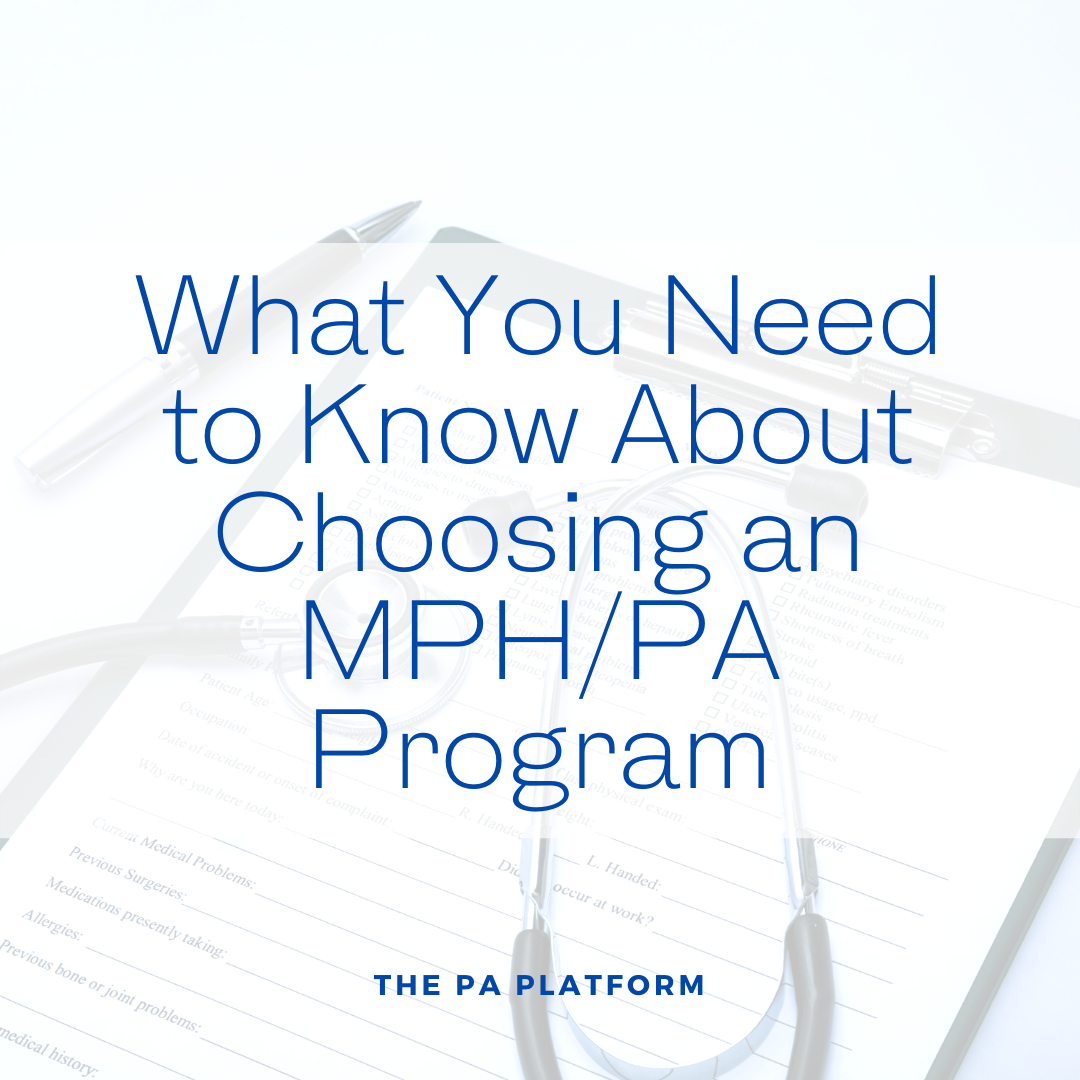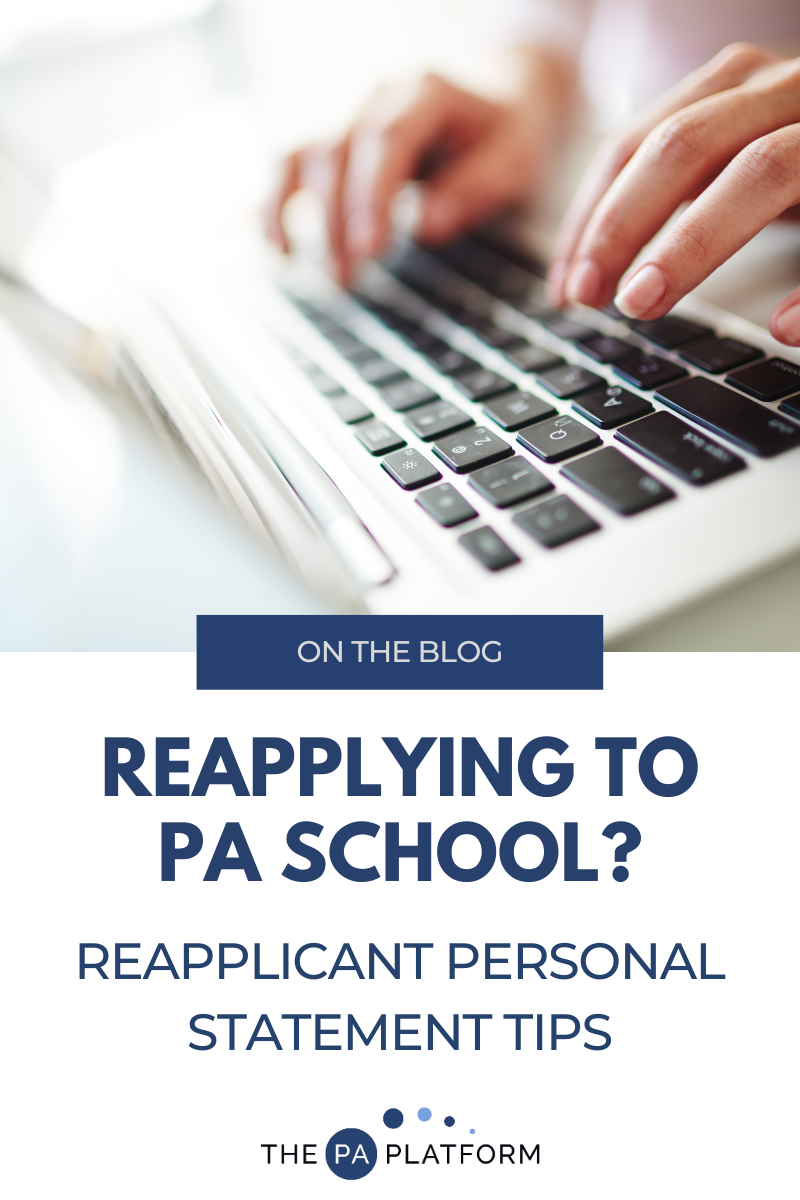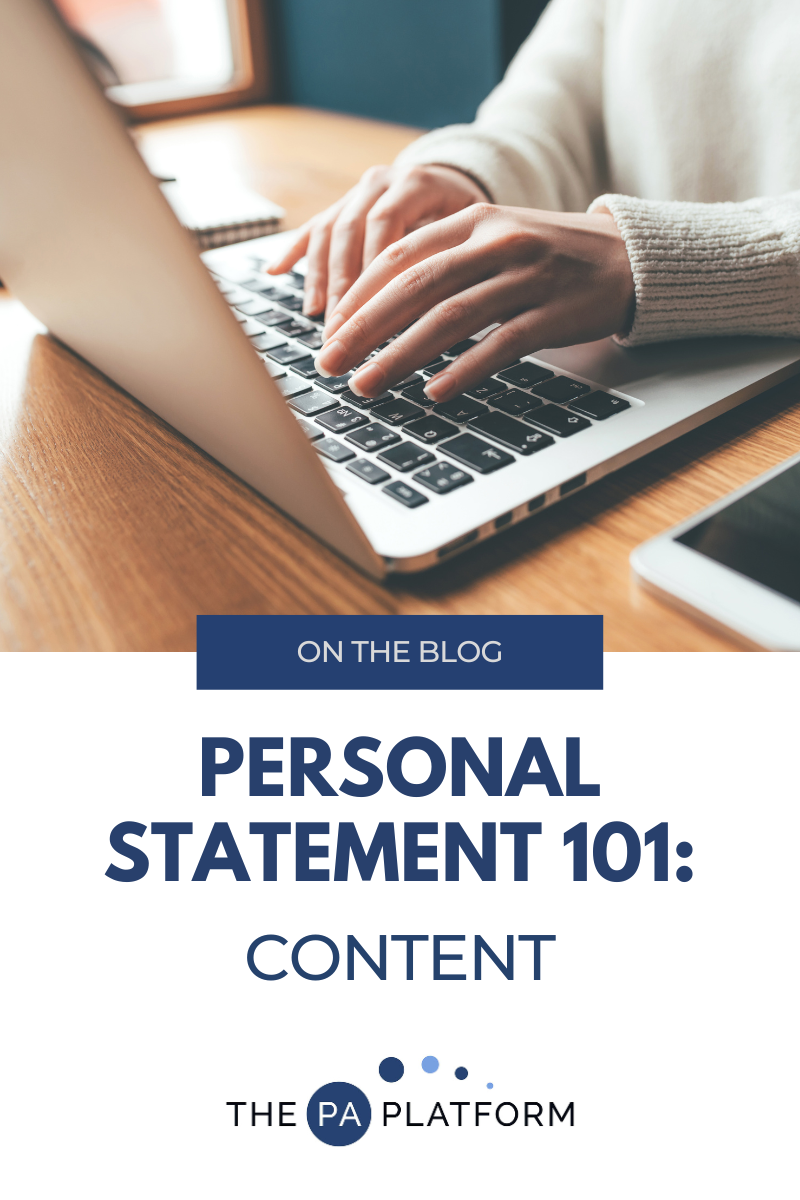I "met" Danni through Instagram, and she's currently a PA student, but not what I would call a "traditional" applicant. Danni is actually doing a joint Bachelor's and PA Program. There aren't a ton of these out there, but if you know you want to be a PA right out of high school, it may be a good option. If you have more questions for Danni, you can find her on Instagram @discovering_danni to follow along! Make sure you follow her hashtag #discoveringme where Danni encourages you to learn one new thing each day to grow and improve yourself! And you can email danniscribani@gmail.com with any questions!
Hi my name is Danni! I’m 22 years old, originally from NYC, but currently living in Scranton, PA (The Office, I know) where I attend Marywood University. I received my Bachelors in Biology in May 2017 from Marywood as well because I went through Marywood's 5 year BS/MPAS Physician Assistant Program. I also ventured on a Medical Mission Trip to Guatemala two years ago! I am currently in my clinical year, and half-way through! I am on my 5th rotation out of 10, which is OB/GYN. I have already completed my Emergency Medicine, Elective, Pediatric, and Internal Medicine rotations. I am on a specialty track in Hospitalist Medicine, and chose to do my elective rotation in Gastroenterology. Once I graduate I wish to work in Gastroenterology! My love and obsession of GI diseases stems from my own personal battles, as I suffer from Superior Mesenteric Artery Syndrome, an extremely rare vascular gastrointestinal disorder, as well as post-surgical Gastroparesis. Feel free to ask me any questions about my chronic illnesses, or gastroenterology. The intestines are my favorite organ, and the fact that this long tube, known as the GI Tract, connects your mouth to anus blow my mind to this day.
My hobbies include running, fitness, cooking and nutrition, reading, shopping (duh, I’m a city girl at heart), giraffes, and anything that involves being outside in the sun (I hate the snow and cold). I was a competitive Junior Olympic Level 9 gymnast until I was 17 when I fell ill. I picked up running when I got to college, and have been improving ever since! I hope to run a marathon by the spring of 2018. I enjoy yoga, hiking, and anything that will keep me active. When I was diagnosed with SMAS, I began becoming extremely interested in nutrition and cooking, as it plays a huge role in my chronic illnesses. I follow a gluten-free, and mostly plant based diet, occasionally eating fish (I love sushi), and eggs. I enjoy reading journal articles, newspapers, and enjoy listening to podcasts daily. I’m a firm believer in learning one new thing every single day, especially in an area you’re not well-versed in.
What influenced your decision to pursue a BS/PA program?
- I chose to do an accelerated program for a few reasons. First-off I was accepted into the pre-physician assistant program out of high school, and in the long run it is a lot cheaper than the traditional route. Also, I knew from the beginning that PA was the career I wanted to pursue, so I didn’t see the need to spend more time in school than necessary. I really liked the idea of staying in the same school, because you are able to build extremely strong relationships with your professors, there was no need to adjust to a new campus and such, and you are able to build roots in a place you may potential want to work in the future.
How exactly does a combined BS/PA program work?
- Now I only know how my program worked, which isn’t to say every program works this way. So, when you applied to Marywood in high school you apply to the Pre-Physician Assistant major. You needed a certain SAT/ACT school and high school GPA in order to be accepted into the major. The grades needed have changed since I was a freshman, as the number of students applying has increased tremendously. As a Pre-PA Major, you take classes alongside Pre-Med majors and pursue, basically, a biology degree. At the end of your sophomore year you can begin applying to the PA Graduate Program. If you meet the criteria, you are granted an interview, and then find out if you are accepted prior to the start of your junior year. You complete junior year with your tentative acceptance, and instead of starting senior year in undergrad, you begin the PA Program in May. So, your senior year, and first year of grad school occur simultaneously. After didactic year, you graduate with your bachelors, and then start clinical year, which is also your second year of graduate school. After clinical year you graduate with your Master’s in Physician Assistant Studies, totaling 5 years.
What are the advantages to doing a BS/PA program?
- One huge advantage of Marywood’s program, again I do not know if this applies to all 5-year programs, is the fact that since you do not have a degree yet during didactic year, you are still considered an undergraduate, pay undergraduate tuition, and are able to keep your academic scholarship. This applied to myself and greatly influenced my decision in choosing Marywood’s Program as opposed to others because it cost the least amount of money. Your second year of graduate school you pay the typical graduate tuition, but one year as compared to two years of graduate tuition adds up, trust me. Another advantage is that you graduate early, and if accepted, do not have to worry about gap years, or things of that nature. Also, being at the same school is super comforting when you’re dealing with the hardships of PA School. At my school, some of my undergraduate professors taught courses in the PA Program, which was extremely nice because you already know their teaching style, and felt comfortable with them.
- I believe the biggest advantage of the combined program is that as a Pre-PA you do not apply through CASPA. Marywood has 60 seats, and roughly half go to Marywood students and the other half go to CASPA students. As, what we call, an “Internal Applicant” you are only compared to other Internal Applicants and are up against those students, so the pool is much smaller, but just as competitive. Another great thing about 5-year programs is that if you don’t get in during your junior year, you don’t lose any time. Instead, you continue along the tradition 6-year path, and re-apply next year after receiving your Bachelor degree, and also have the opportunity to apply to any PA school you want, as you now have a degree.
Are you guaranteed acceptance into the PA program at the beginning of your BS portion?
- No. The way my program worked was throughout undergrad you had to maintain a 3.0 GPA (Both Science and Overall), or you were at risk of being kick out of the Pre-PA Major. When you apply to the graduate program, if you have above a 3.0 GPA, as well as all your PCE Hours, you were guaranteed at least an interview. Although they try to split the class 50/50, the PA Program is under no obligation to give half their seats to Marywood students, they only take the most qualified Marywood students. Also, just because you get accepted during your junior year, it is a tentative acceptance. If your grades drop at any point during junior year, the program can withdraw your acceptance. Overall, just like any program, nothing is guaranteed. You must work very hard, keep up extremely good grades, and make sure all your hours, volunteer, etc. are up to par. Simply having the minimum GPA and hours makes it unlikely for you to be accepted. You should still try and achieve competitive stats.
Do you think there are any disadvantages to doing a BS/PA program?
- Definitely. I think being in a combined program decreased the amount of freedom and ability to explore other options that most typical college students have. Much of your three years in undergrad are spent studying, working and volunteering. Having the quote ‘full college experience’ is hard, although if you time manage, and plan according it is very possible. Being in an accelerated program is extremely stressful, and not for those who do not handle pressure well. It is also not meant for people who wish you explore other options aside form PA. Your classes are pretty much set in stone, and taking classes for ‘fun’ was hard. Another disadvantage I found is that during didactic year, sometimes I would feel years behind the CASPA students, just simply because they had taken gap years, took random courses, or had more clinical experience than I had because they had more time on their hands. In the end, however, it did not really matter. I spent all three of my undergraduate summers taking extra classes to lighten my load during the academic year, and working to make sure my PCE was competed. Although I do not regret my decision to complete a BS/MS program, I do sometimes wish I had had more flexibility with my schedule during my undergraduate years.

















































